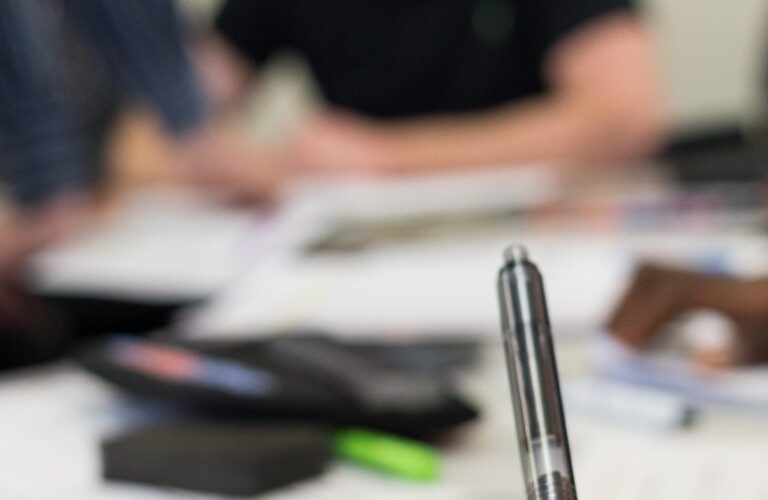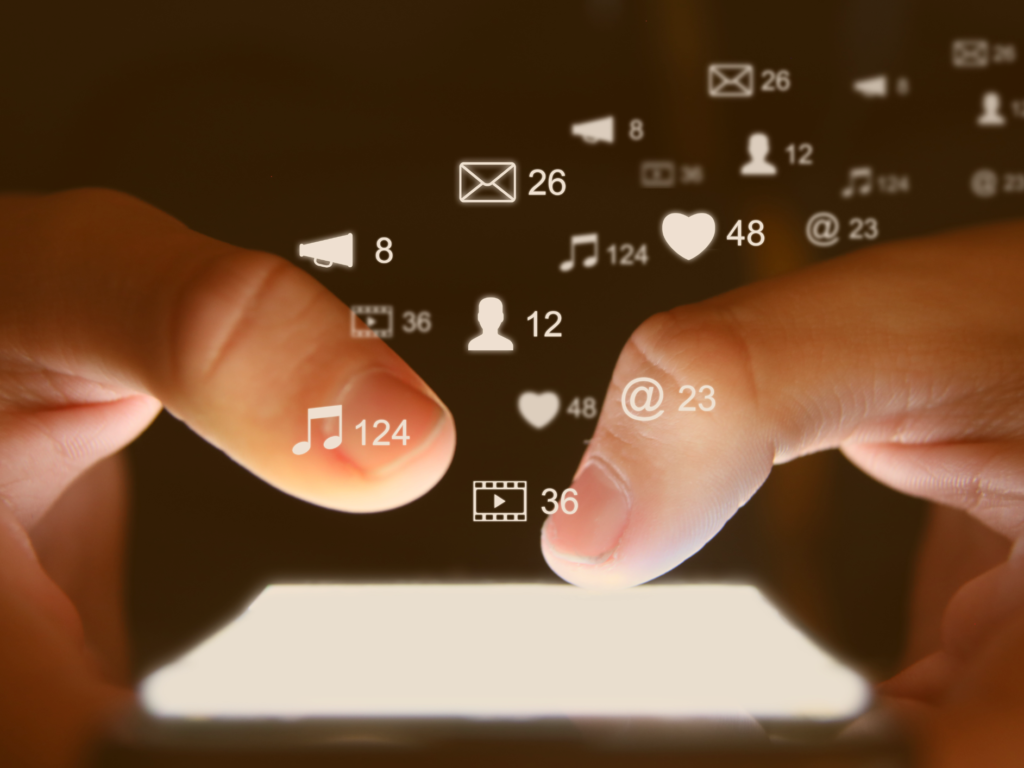Young adults are growing up in a world of screens, experiencing the benefits of connecting and sharing with friends and family, receiving news and information as well as meeting new people with likeminded interests and passions.
However social media has changed the way young adults perceive their life. Recent studies suggest that social media is linked to depression, anxiety and loneliness. The world of social media is based around the idea that there is always somewhere better to be and something better to be doing. People who frequently use social media feel more depressed and less happy with their life than those who spend more time on non-screen-related activities.
Comparison is the Thief of Happiness
Trouble can arise when young adults have an unhealthy relationship with social media, in particular, when it comes to regarding other people’s opinions. Growing up in a world where the emphasis is always on interactions that are posted and shared can result in disappointment when one doesn’t receive as many likes or comments compared to their peers. Comparing your life to other people’s lives causes low self-esteem, anxiety, disappointment or invalidation, which is not only an unhealthy mindset but is often also based on false and fake content. What makes you individual is what makes you special.
The Fakeness of Filters
Filters can be used as a fun and silly feature, but they can also easily make photos unrealistic with things such as whitened teeth, airbrushed ‘perfect’ limbs, artificially plumped lips, and other false illusions. Even though this still relatively new technology is well known, constantly seeing picture-perfect lives, makes it impossible for anyone else to live up to yet another unrealistic and unachievable beauty standard. Even though deep down we often know that what we see is not real, these fake images still affect us subconsciously. Have you ever cried when your favourite character in a film dies? When Simba loses his father Mufasa in Lion King, I’m sure we have all shed a tear, even when we knew that it was just a movie, and that what we saw was not real. Our brains cannot differentiate what is real or not real through our vision, resulting in us seeing the death of Mufasa and crying. The same is with social media, our subconscious takes what we’re seeing on board in some way, whether we like it or not.
Effects on Academic Studies
Scrolling and the regular checking of social media can have negative effects on real life events and success in other aspects of life. Distraction can lead to procrastination, less retention of information, and increased levels of stress. Studying can become almost impossible when the idea at the back of a student’s mind is that their peers are out having fun and enjoying their time. FOMO or The Fear Of Missing Out is a pressing and ever-present emotion in the average student’s day in our modern world.
The disconnecting of and battle with the struggles of social media is hard, especially when we have been conditioned in this way growing up. However, it is useful in terms of studying (and wellbeing) to reduce screen time by setting time restrictions, removing apps that you know you are spending too much time on from your phone, or don’t add any value to your life, and allocating specific hours of your day to be screen-free. Many people even feel the benefits of a complete social media break every once in a while.
Take some time out for yourself, for your education, for your hobbies, your passions, your life!



